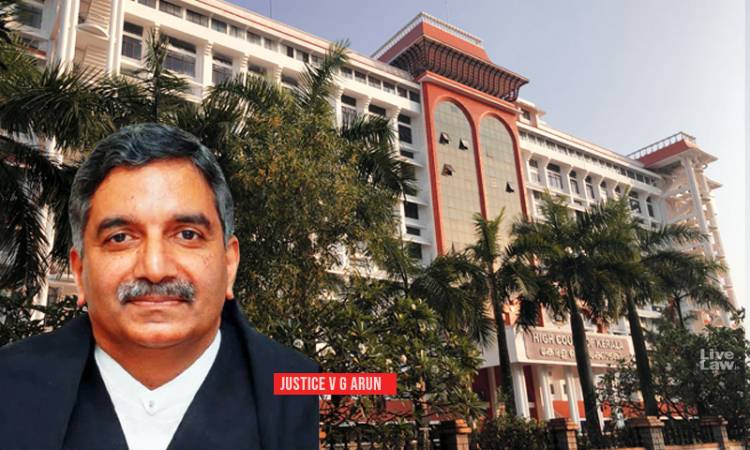'Assisted Reproductive Technology Act Doesn't Apply' : Kerala HC Allows Development Of Embryo Kept Frozen By Couple For 8 Years
Hannah M Varghese
23 Jun 2022 1:26 PM IST

The Act is not intended to create difficulties for persons opting for assisted reproductive procedures, the Court added.
Next Story


